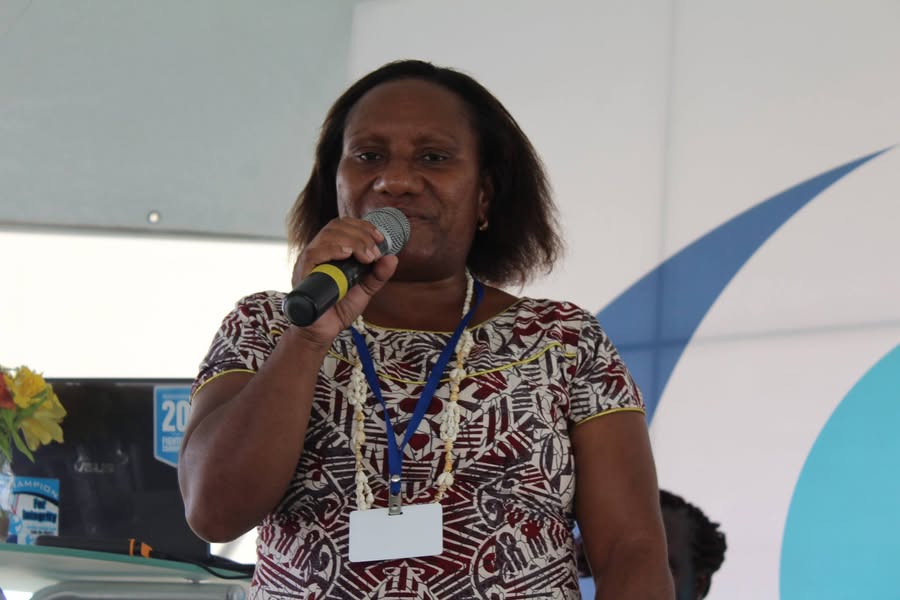The Consultative Implementation and Monitoring Council (CIMC) certifies Thirty-Five (35) ward members in Southern highlands on Participatory Budget and Planning Information Workshop in Mendi on February 7th, 2025.
This memorable milestone now equips 35 individuals to take the lead and assist in social development in their local area.
This achievement was thanks to the Consultative Implementation and Monitoring Council’s (CIMC) collaboration with the Department of National Planning and Monitoring, and Independent Commission Against Corruption (ICAC).
These fine establishments hosted a weeklong information workshop aimed at giving citizens at the ward level an increased opportunity to exercise their constitutional rights to participate in the governance decision making process.
This initiative ensures that ordinary citizens understand which structures and systems to hold accountable demand for corrections for effective budget transparency.
CIMC Executive Officer Wallis Yakam stated that CIMC has been implementing the Budget Traffic Initiative in districts since 2009, to bridge information gaps and help local citizens understand government systems and processes at the district level.
CIMC facilitates engagement with government agencies to educate citizens, enabling their active participation in district development.
Despite the absence of district and provincial representatives, participants appreciated the presence of CIMC, DNPM, and ICAC at the workshop.
A participant, David Wari, emphasized the need for governance and accountability training at the ward level, highlighting that citizens are often excluded from project planning, government services, and annual budget allocations in the province.
The participants are now capable of planning and breaking down budgets for projects, understand procurement and tender processes, manage government grants and funds, and identify corrupt practices, along with knowing how and where to report corruption.
The CIMC was established by the government following the 1998 National Economic Summit to facilitate ongoing dialogue and consultations between the government, private sector, and civil society.
This process ensures the implementation of recommendations made through these discussions.

